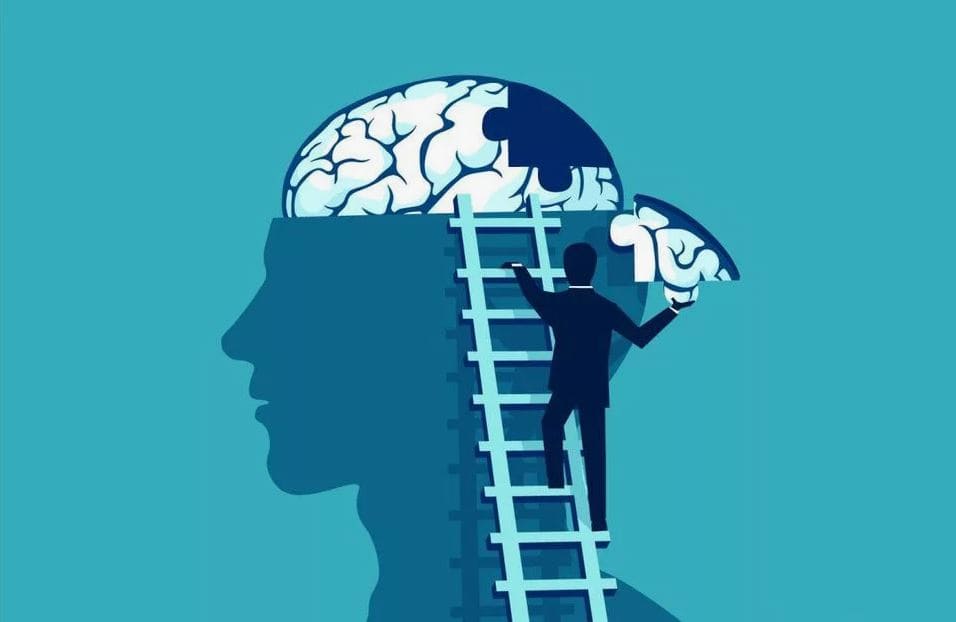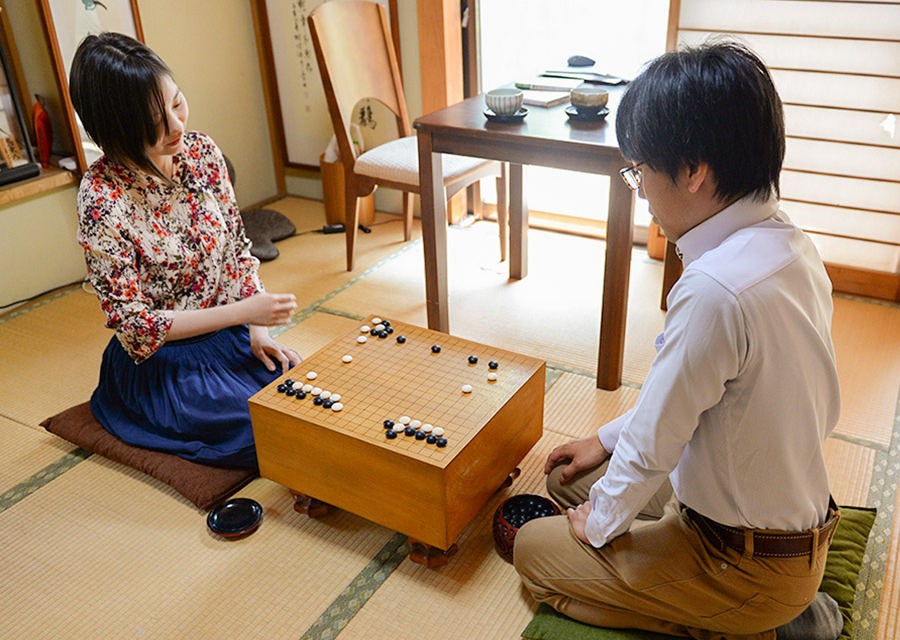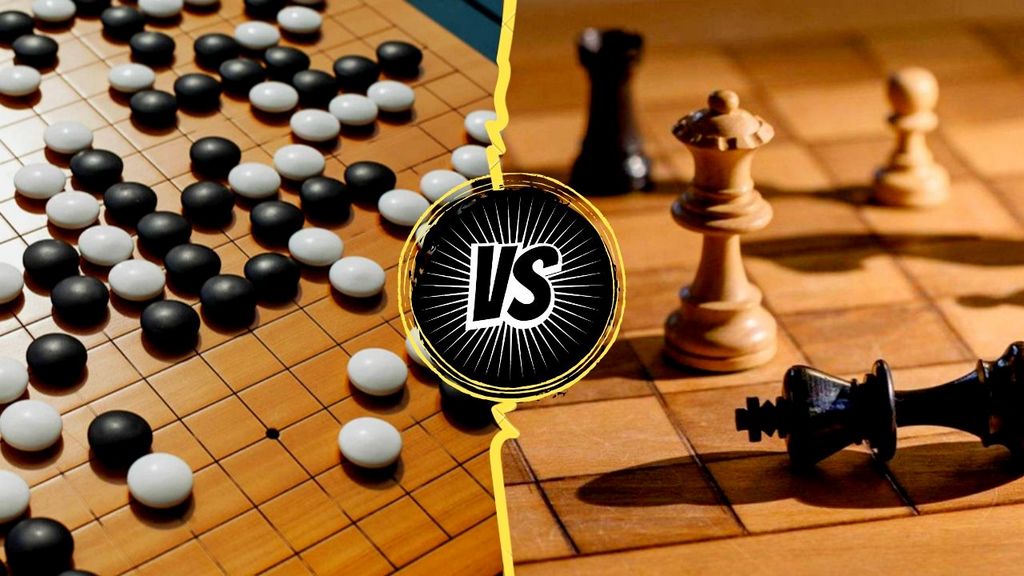Unlocking Your Brain’s Potential: Neuroplasticity Exercises and the Strategic Benefits of Go


Neuroplasticity is the brain’s ability to change and reorganize itself, forming new connections between neurons. This is a major factor in cognitive development and recovery. If you want to improve your mental agility, recover from an injury, or just keep your mind sharp, neuroplasticity exercises can help.
Another great tool for this is the ancient game of Go. In Korea, it’s called Baduk, and in China, it’s known as Weiqi. These games provide unique mental challenges that help you think strategically and be more flexible.
Understanding Neuroplasticity
Neuroplasticity is the brain’s ability to change and adapt over the course of a person’s lifetime. This capacity for adaptation is essential for acquiring new skills, recovering from brain injury, and enhancing cognitive function. Scientific studies have demonstrated that engaging in certain activities can stimulate neuroplasticity, resulting in improved memory, accelerated learning, and enhanced mental well-being.
Effective Neuroplasticity Exercises

- Physical Exercise: Regular aerobic exercise, such as walking, jogging, or cycling, promotes the release of neurotrophic factors that support brain health. A study conducted by the National Center for Biotechnology Information (NCBI), for example, found that consistent physical activity leads to an increase in brain volume and cognitive function.
- Mindfulness and Meditation: Practices such as mindfulness meditation have been shown to increase gray matter density in brain areas associated with learning, memory, and emotional regulation. According to Healthline, just 30 minutes of daily meditation can lead to measurable changes in brain structure within eight weeks.
- Learning New Skills: Engaging in new and challenging activities, such as learning a musical instrument or a new language, stimulates brain plasticity. Atlassian emphasizes that learning something new every day can create new neural pathways and improve brain function.
- Brain Games and Puzzles: Games such as Sudoku, chess, and crossword puzzles enhance cognitive functions by stimulating the brain. According to neurohackers, these activities improve problem-solving abilities and cognitive speed.
- Social Interaction: Meaningful social interaction is linked to improved cognitive function and greater neural plasticity. A study published in Medical News Today suggests that strong social networks may protect against memory loss and cognitive decline.
Summary Table of Neuroplasticity Exercises and Their Benefits
| Exercise Type | Benefits |
| Physical Exercise | Increases brain volume, enhances cognitive performance, releases neurotrophic factors. |
| Mindfulness Meditation | Increases gray matter density, improves emotional regulation. |
| Learning New Skills | Stimulates new neural pathways, enhances brain function. |
| Brain Games & Puzzles | Improves problem-solving skills, cognitive speed. |
| Social Interaction | Protects against memory loss, cognitive decline. |
Incorporating these exercises into your daily regimen can significantly enhance the neuroplasticity of your brain, leading to a more acute and resilient mind.
Integrating Go into Neuroplasticity Training
Go, an ancient game with simple rules and deep strategic complexity, has been shown to be an excellent tool for enhancing brain plasticity. The game requires players to think critically, recognize patterns, and plan strategically over the long term, all of which stimulates different areas of the brain.
How Go Enhances Cognitive Functions
- Pattern Recognition: Identifying and memorizing patterns on the go board exercises visual and spatial memory skills. This activity enhances the brain’s capacity to recognize and recall intricate patterns, leading to improved memory retention and recall.
- Strategic Thinking: Planning ahead and considering several moves develops foresight and problem-solving abilities. Players who play Go must constantly evaluate potential moves and their consequences, fostering a strategic mindset that can be applied in real-life situations.
- Adaptability: Responding to an opponent’s actions promotes cognitive flexibility and adaptability in players. This aspect of the game encourages players to think dynamically and modify their strategies based on newly acquired information, thereby enhancing overall cognitive flexibility.
Go and Neuroplasticity: A Perfect Match
Scientific research has highlighted the cognitive benefits of Go. For example, studies have demonstrated that engaging in complex board games such as Go can enhance brain connectivity and functioning, promoting neuroplasticity and cognitive flexibility.
Explore Go with GoMagic
To dive deeper into the strategic world of Go, visit GoMagic’s how-to-play page for comprehensive rules and tutorials. Solve challenging problems and increase your level of play on the GoMagic problems page. Additionally, explore interactive video courses designed for players of all levels to enhance your skills and understanding of the game.
Incorporating Go into your routine not only provides a stimulating mental workout but also leverages the brain’s natural neuroplasticity to improve overall cognitive health.
Scientific Insights on Go and Brain Health
Recent studies have demonstrated that regular play of Go can significantly enhance cognitive abilities such as attention, working memory, and executive function. These benefits arise from the game’s complex nature, which requires strategic thinking, pattern recognition, and adaptability.
- Improved Attention: Regularly playing Go can enhance attention span and concentration. According to a study published by the National Center for Biotechnology Information (NCBI), Go players demonstrate better focus and sustained attention during tasks when compared to non-Go players.
- Enhanced Working Memory: Go requires players to recall previous moves and plan ahead. This continuous mental activity strengthens working memory, as supported by research published in Medical News Today, which found that people who play complex board games experience improved memory retention and recall.
- Executive Functions: Playing Go has been shown to enhance executive functions, such as problem-solving, planning, and cognitive flexibility. Neurohacker suggests that Go players develop advanced strategic thinking skills, allowing them to tackle complex tasks with greater efficiency.
Benefits of Playing Go for Brain Health
| Cognitive Function | Benefits |
| Attention | Better focus and sustained attention. |
| Working Memory | Improved memory retention and recall. |
| Executive Functions | Enhanced problem-solving, planning, and cognitive flexibility. |
Go and Neuroplasticity
The complex and strategic nature of Go stimulates neuroplasticity, creating new neural pathways and strengthening existing ones, making it an excellent exercise for maintaining and enhancing brain health, especially as one ages. Participating in activities that challenge the brain, such as Go, promotes lifelong learning and cognitive resilience.
Conclusion
Incorporating Go into one’s daily routine is not merely a leisure activity, but rather a powerful exercise that promotes brain health and neuroplasticity. The cognitive demands of the game provide significant benefits for brain function, making it an invaluable tool for individuals seeking to enhance their mental agility and cognitive performance.
Explore more about Go and its benefits at GoMagic, where you can learn the rules, solve challenging problems, and take interactive courses designed for players of all levels. Start your journey today and experience the cognitive benefits of this ancient strategic game.
Why not try incorporating some neuroplasticity workouts and the ancient game of Go into your daily routine? It’ll challenge your brain and help you unlock your full cognitive potential. You know, that old saying about using it or losing it? Well, it’s true! By playing Go, you’ll be stimulating your brain in all sorts of ways and getting a taste of the rich cultural history of this ancient strategy game.





Leave a comment